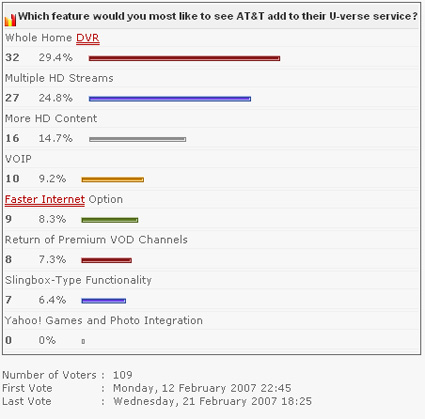Here’s one you might have missed. FotoNation has announced the “world’s first” red-eye correction technology for camera phones. It’s an embedded solution that can automatically detect red-eye and correct it. The company claims a detection rate of 70-80% with a visible false positive rate of 1-2%. (Note: The photo caption to the right is my own.)
The company claims a detection rate of 70-80% with a visible false positive rate of 1-2%. (Note: The photo caption to the right is my own.)
Since my camera phone doesn’t take very high-quality shots, I’m not sure this is something I’d care about. But as camera phones get better (and high-end ones certainly already have), this technology seems like a no-brainer. Back at DEMOfall last September, there were at least a couple of image-correcting companies on site. The one I remember is Photobot, which installs an application on your desktop that scans and corrects (red-eye, brightness, color) any uploaded photos. Just as folks like Thomas Hawk are getting excited about more technology for sophisticated photo-snapping, mere amateurs like myself are getting to take advantage of more automated tools that might just make our photos print-worthy.

 The rumors have been going on (and off) for a couple of years, so today’s XM/Sirius announcement doesn’t come as a huge shocker. They’re hoping to seal the deal by the end of the year. Though, we’ll see if regulators (and shareholders?) allow it to go through…
The rumors have been going on (and off) for a couple of years, so today’s XM/Sirius announcement doesn’t come as a huge shocker. They’re hoping to seal the deal by the end of the year. Though, we’ll see if regulators (and shareholders?) allow it to go through… 